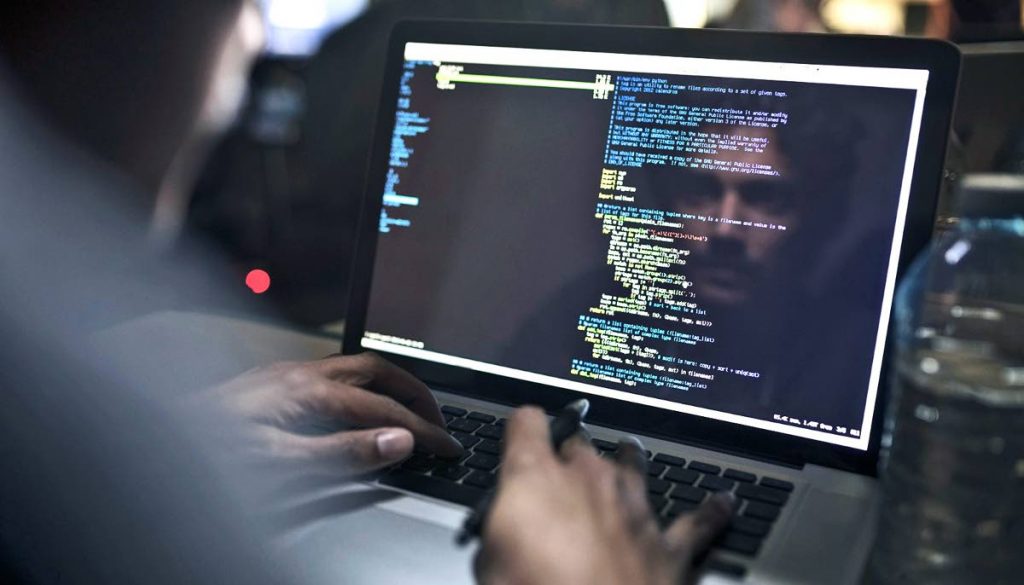How we wake from covid19 nightmare to hope

kmmpub@gmail.com
Have you ever dreamt that you’re falling from the sky, screaming? I’ll wager most of you have. Our eyes dart around, still shut. But, heart pounding, just before we hit the ground, they almost always fly open, averting disaster.
That can and will happen now. But unlike most awakenings, we have the chance to choose the reality we want to wake to.
Venture capitalist and early Facebook and Instagram backer Marc Andreesen writes: “The problem is desire. We need to 'want' these things. The problem is inertia. We need to want these things more than we want to prevent these things. The problem is regulatory capture. We need to want new companies to build these things, even if incumbents don’t like it, even if only to force the incumbents to build these things. And the problem is will. We need to build these things.”
We must build. We must grow. We can do both. The problem lies not just within government. The private sector must wake up. Billions in cash are sitting idle in bank accounts. Social distancing has exposed just how difficult companies make it to do business with each other.
What is bureaucracy at the end of the day but people saying “no”? We can find endless reasons to not do things. It sounds like a fortune cookie to say we must have a bias towards action, but the blunt reality is that few of us act.
The cycle of a new idea runs a typical course. First the person you propose it to says, “It can’t work.” Then they say, “It may do that, but it doesn’t do this, that and the other as well,” (never mind that those other things weren’t ever being done). At last they say, “Somebody else must have already done it.” If you can push past that to make it happen, they finally emerge to claim: “I was the one that did it.”
How do we measure value in a world of negative oil prices? How will we use the time restored to us? We must radically change what value means. Economics has always been about allocating scarce resources. We will now leave behind finite fossil fuels for infinite human potential.
In this mass psychological experiment, the entire world is receiving daily reminders of mortality. We must translate this as nothing more or less than a call to action.
Those great men and women put in charge of charting the way forward have a great burden. Now is not the time for high strategy or for over-complication. More than ever we need the simple and the practical.
What can we do in the next six months to create meaningful work and sustain our society? What single policy will have the broadest impact across all sectors, from farming to manufacturing to services?
We need nothing more or less than a grand technological New Deal. The largest and most sweeping investment in technology the government has ever made. It will begin by digitising every single government interaction. I don’t mean “allowing you to download and print a form.” I mean the real deal. Everything will be electronic. Most importantly, the systems behind them will be electronic too. Deep, sustained digital change.
Building this vast edifice will be as great as any highway: and will create jobs immediately. An edifice of code. We will create demand for thousands of software developers, hardware technicians and others. With time and a computer, anyone can re-skill.
Technology is a vast space that encompasses every industry. George Mason University economist Tyler Cowen writes: “Instead of paying people to dig and fill ditches we could pay people to help train machine-learning apps, enter data, subtitle videos…take surveys, maybe even fold proteins to disrupt viruses.”
Phone banks will be set up to teach thousands of people how to use apps and smartphones. Spectrum will be allocated with a free and generous hand. We must invest in and subsidise smartphones and data for half the population that doesn’t have them. We cannot leave anyone behind. Just as we are more equal than ever before, we are more divided in our material circumstance than ever.
Once they emerge from the digital trenches of public works, these people will find they are in demand across the entire world, where global technology needs are booming. It will be easier than before. Regulations will be finely pared and will make sense for growth. These people will turn their efforts outwards. Start-up founders, app developers, animators, filmmakers and musicians will have the world at their feet.
Time to wake up.
Kiran Mathur Mohammed is a social entrepreneur, economist and businessman. He is a former banker, and a graduate of the University of Edinburgh

Comments
"How we wake from covid19 nightmare to hope"